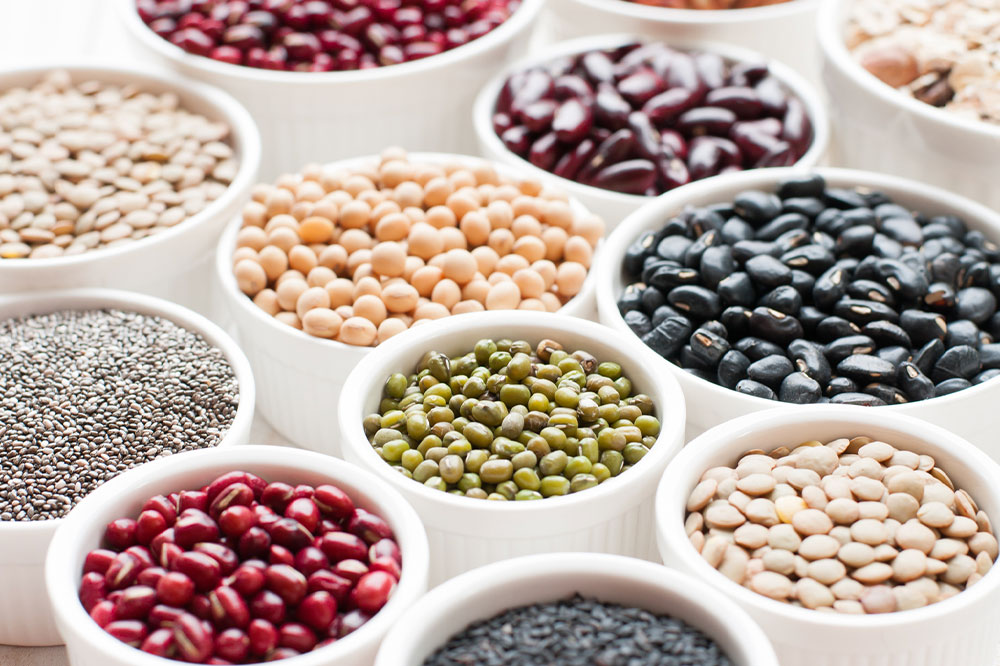7 superfoods that help fight colon cancer

Colon cancer is cancer of the large intestine—the part of the body that plays a crucial role in digestion and waste elimination. Cancer is a serious and life-threatening condition, and it is essential to follow the doctor’s instructions when dealing with it. Poor eating habits increase the risk of colon cancer, so in addition to treatment, some superfoods can improve gut health and boost immunity. Here are some foods that can help manage colon cancer:
Beans and legumes
Beans and legumes are great options when it comes to combating colon cancer. Specifically, black beans contain certain fatty acids that protect against the growth of certain cancer cells.
Berries
Berries contain high levels of antioxidants and phytonutrients that are good for our gut health. Certain berries, such as black raspberries, contain high levels of anthocyanins, which restricts the growth of cancer cells in the body.
Carrots
Carrots contain beta-carotene, which can curtail the growth of abnormal cells. They also have other nutrients that can protect one against other types of cancer.
Fish
Fish like salmon and herring are rich in omega-3 fatty acids, which are important for maintaining heart health and can fight the growth of new cancer cells.
Cruciferous vegetables
Vegetables like broccoli, kale, cabbage, and cauliflower contain substantial amounts of sulforaphane, which can minimize cancer risk and improve the body’s immunity.
Nuts
Nuts have been linked to a reduced rate of cancer recurrence and death in patients with third-stage colorectal cancer.
Spinach
Spinach is rich in fiber and folate, which help digestion and reduce the risk of colon cancer. The vegetable also contains carotenoids, which have been linked to helping the body fight against cancer cells.
While these foods can help fight the risk of colon cancer, other foods can increase the risk of developing the condition or worsening the symptoms. These include foods with high glycemic loads (such as white rice, noodles, or processed sugar), red meats, and processed meats like ham, sausage, bacon, and salami.
To treat the condition, doctors may prescribe Avastin or Cyramza. Avastin (bevacizumab) is prescribed to starve cancer tumors (anti-angiogenic therapy) to help fight and undo the growth of metastatic colorectal cancer. If Avastin is not entirely effective and the disease continues to progress in the body, Cyramza (ramucirumab) is a type of chemotherapy that is prescribed in combination with folinic acid to treat metastatic colorectal cancer.
It is important to understand the role of genetics in colon cancer patients. Those who have a family history of the condition should be cautious about the risk. One should opt for cancer screenings to check if there is any form of progression. It is advisable to consult with a genetic counselor and understand the need for gene testing of the colon. Genetic testing highlights the risk of colorectal cancer as a preventive measure and indicates its progression, if detected among adults.
Phillips’ Colon Health is a probiotic that can aid digestion and enhance immune system function. It is effective for those experiencing symptoms associated with conditions like IBS, polyps in the colon, and ulcerative colitis. The probiotic is available as a chewable, capsule, or tablet. While Phillips’ Colon Health can fight IBS and related conditions, it should not replace mainstream intervention.






